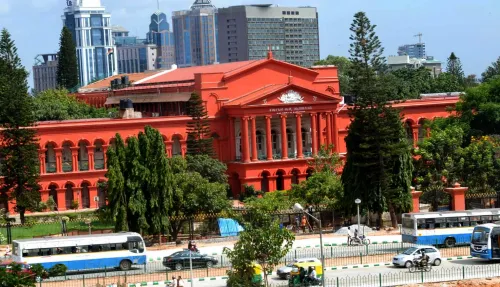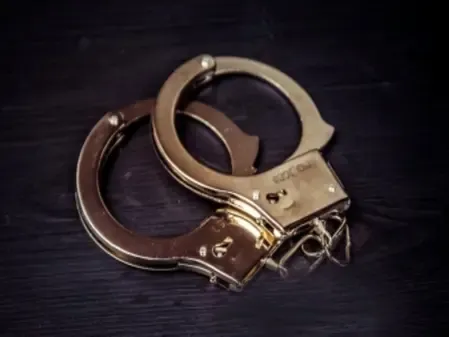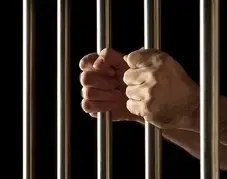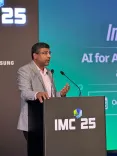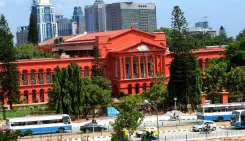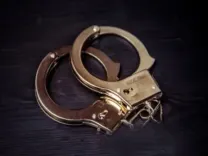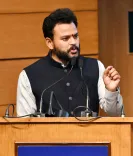Vengaivayal Incident: DMK Faces Backlash from Allies and Opposition as Dalits are Charged
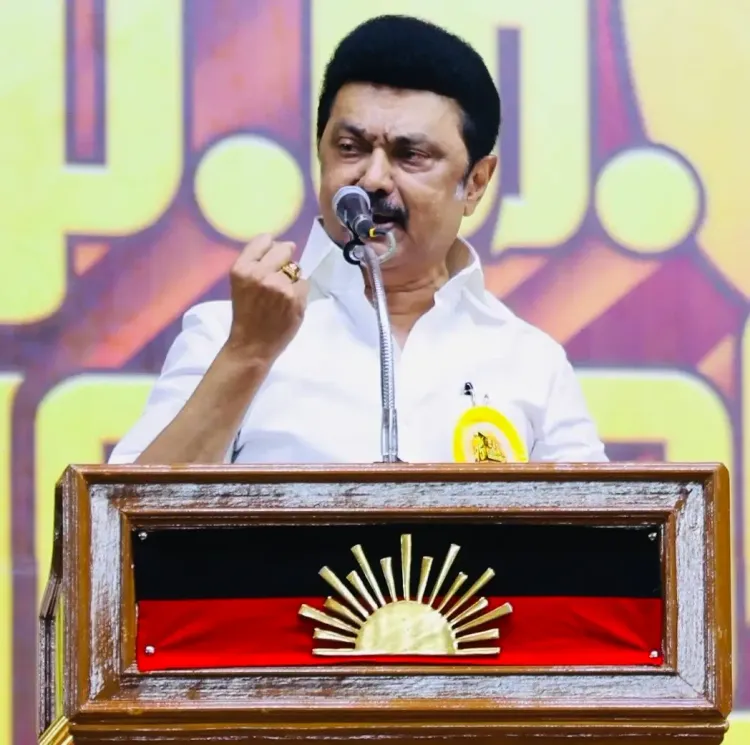
Synopsis
Key Takeaways
- DMK government criticized for charge-sheeting Dalit youths.
- Allies like VCK and CPI(M) demand a CBI probe.
- Opposition parties including BJP and Congress express concerns.
- Incident involves human waste found in a water tank.
- Investigation faced accusations of bias and mishandling.
Chennai, Jan 26 (NationPress) The DMK government in Tamil Nadu is facing severe criticism after its allies and opposition parties rallied against the charge-sheeting of three Dalit youths in the Vengaivayal incident. VCK and CPI(M), key partners of the DMK, have voiced strong opposition to the charge sheet, both demanding a Central Bureau of Investigation (CBI) inquiry. Furthermore, Congress and BJP have also raised questions about the actions of the Crime Branch-Criminal Investigation Department (CB-CID) and the state government.
The uproar began following the shocking discovery of human waste in an overhead water tank installed by the Tamil Nadu Water Supply and Drainage (TWAD) Board under the Cauvery Combined Water Supply Scheme in Vengaivayal, located in the Kulathur taluk of Pudukkottai district on December 26, 2022.
This incident has caused widespread indignation over the caste-based atrocity. The CB-CID, which took over the investigation from local authorities, informed the Madras High Court on January 24, 2025, that it had resolved the case. A charge sheet was filed on January 20, 2025, against three individuals -- J. Muraliraja (33), B. Sudharshan (21), and K. Muthukrishnan (23) -- under Sections 277 (defiling water), 427 (committing mischief), 201 (destroying evidence), and 109 (abetment) of the Indian Penal Code.
The charge sheet was presented to a special court that handles cases under the Scheduled Castes and Scheduled Tribes (Prevention of Atrocities) Act in Pudukkottai. However, the document has ignited considerable backlash.
The VCK, a leading Dalit political organization, has called for a CBI investigation, arguing that the actions of the CB-CID lack integrity. CPI(M) state secretary P. Shanmugham has echoed this demand, asserting that only a central agency could guarantee a comprehensive and unbiased investigation.
While the Congress has not explicitly called for a CBI inquiry, it has requested a renewed investigation. Tamil Nadu Congress Committee (TNCC) president K. Selvaperunthagai expressed his concerns on social media, stating, 'The inclusion of the complainants in the charge sheet raises serious questions. The investigation must be restarted to identify the real culprits and ensure justice.'
In addition, the BJP has adopted a more confrontational approach, demanding an immediate transfer of the case to the CBI.
Union Minister of State for Information, L. Murugan, criticized the state government, stating, 'Labeling the victims as accused is brutal. The investigation has been a facade for over two years. Dalits cannot expect justice from the DMK administration.'
He further accused the state government of neglecting to protect Scheduled Caste communities and termed the case's handling a 'social injustice'.
Tamil Nadu BJP president K. Annamalai also accused the DMK government of attempting to prematurely close the case. He called on the Madras High Court to transfer the investigation to the CBI to ensure fairness and transparency.
The mounting pressure from allies and opposition parties has placed the DMK government in a precarious position. This backlash indirectly targets the Chief Minister and the Home Department, intensifying calls for an independent investigation.

